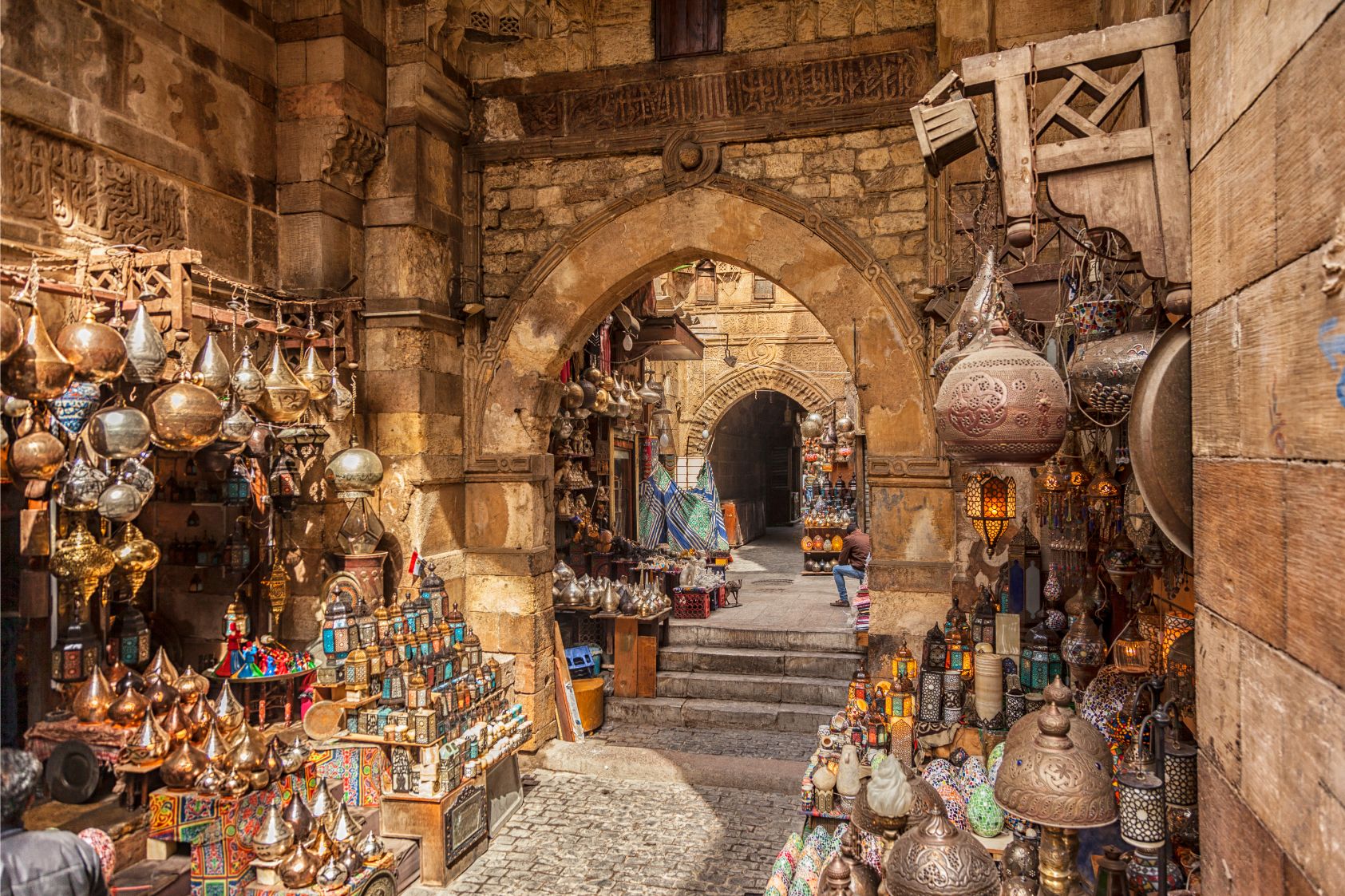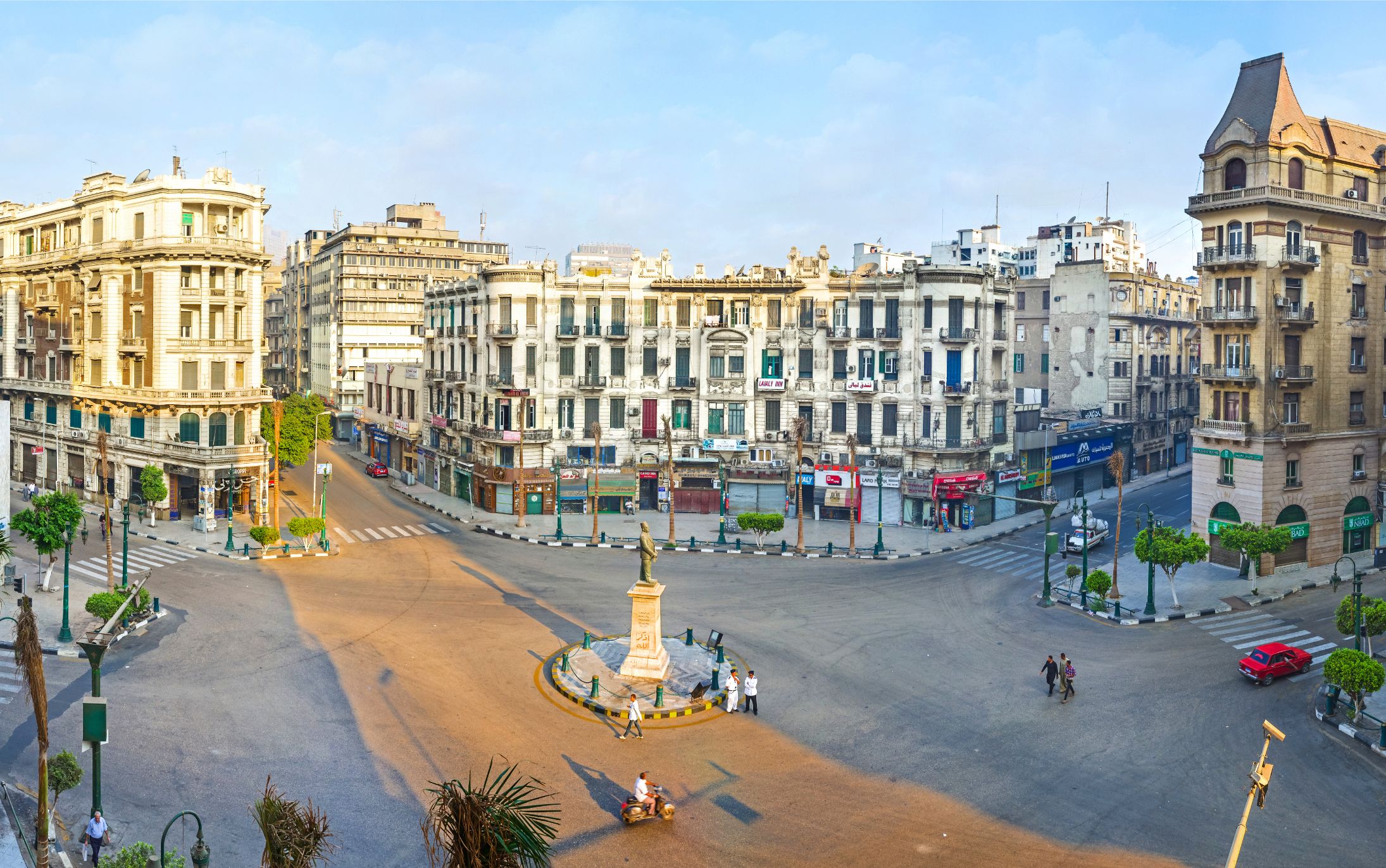
Handcrafts in Egypt
Discover the Timeless Beauty of Carpet Workshops and Artisan Traditions
5 min read
Category : AttractionsDestination : EgyptIn a world of mass production and fleeting trends, handicrafts in Egypt offer something rare: authenticity, heritage, and soul. From the bustling souks of Cairo to the quiet villages of Upper Egypt, artisans continue to weave, carve, and sculpt stories into every piece they create. Among the most captivating of these traditions are the Handcrafts in Egypt, where generations of skill and symbolism come together in vibrant threads.
For luxury travelers seeking immersive activities in Egypt, exploring these workshops is more than a shopping experience; it is a cultural encounter. It is one of the most enriching things to do in Egypt, offering insight into the country’s artistic legacy and the hands that keep it alive.
Handcrafts in Egypt Preserve a Rich Weaving Tradition
Step into a carpet workshop in Saqqara or Fustat, and you will witness a dance of fingers and fibers. Here, artisans knot wool and silk into intricate patterns, often inspired by ancient tombs, Islamic geometry, or Nubian folklore. Each carpet is a labor of love, with a single square meter taking up to a month to complete.
These workshops are more than factories; they are schools, sanctuaries, and storytelling spaces. Children often learn alongside their parents, preserving techniques that date back to the 1400s. Whether you are admiring a kilim with five-point stars or a silk rug echoing Pharaonic motifs, the connection between past and present is palpable.
Highlights of visiting a carpet workshop:
- Watch live demonstrations of hand-knotting and loom weaving
- Learn about natural dyes and traditional patterns
- Purchase museum-quality carpets directly from the makers
- Support local artisans and sustainable craft economies
Egypt’s Traditional Handicrafts Reflect Centuries of Artistic Heritage
Egypt’s craft heritage is as diverse as its landscapes. Traditional handcrafts in Egypt include:
- Pottery: Made from Nile mud, often used for storage, rituals, and decoration
- Woodwork: Intricately carved furniture, doors, and religious artifacts
- Glass and Ceramics: Fatimid-era pieces still influence modern designs.
- Textiles: From linen garments to Khayameya tent fabrics
- Jewelry: Gold, silver, and semi-precious stones shaped into amulets and adornments
- Leatherwork: Bags, sandals, and accessories crafted from animal hides
- Papyrus Art: Hand-painted scrolls featuring gods, hieroglyphs, and mythology
These crafts are not just decorative, they are deeply symbolic, often tied to religious beliefs, social status, and regional identity. Visiting artisan centers like Fustat or Khan El Khalili reveals how these traditions continue to evolve while honoring their roots.
Ancient Egyptians Created Timeless Artifacts from Stone, Gold, and Textiles
Ancient Egyptians were master artisans, crafting everything from sacred statues to everyday tools. Their creations included:
- Funerary pottery and coffins for the afterlife
- Textiles from flax and wool, woven on wooden looms
- Gold jewelry and ceremonial amulets for royalty and priests
- Stone carvings and temple reliefs, etched with hieroglyphs
- Ships and irrigation tools essential for agriculture and trade
Craftsmanship was revered in ancient society. Artisans worked for temples, pharaohs, and noble families, often passing their skills down through generations. Their legacy lives on in today’s handcrafts in Egypt, where similar techniques and motifs are still used.
Egypt Is Known Worldwide for Its Handwoven Carpets and Fine Textiles
Among Egypt’s many artisanal treasures, handwoven carpets stand out as a globally admired product. These rugs are known for:
- Vibrant colors and symbolic patterns
- Durable materials like wool, silk, and cotton
- Cultural storytelling, often referencing ancient Egyptian or Islamic art
Egyptian carpets are prized not only for their beauty but also for their craftsmanship. Each piece reflects the artisan’s heritage, skill, and imagination. Whether displayed in luxury homes or boutique hotels, these carpets are a signature of Egyptian elegance.
Other famous products include:
- Egyptian cotton: Renowned for its softness and quality
- Gold jewelry: Inspired by Pharaonic designs
- Alabaster sculptures: Especially popular in Luxor and Aswan
- Khayameya textiles: Used in tents, wall hangings, and ceremonial décor
Egypt Is Renowned for Its Handcrafted Textiles and Artisan Goods
Egypt is famous for making:
- Textiles, especially linen and cotton garments
- Handcrafted carpets, both kilim and knotted styles
- Jewelry, from ancient amulets to modern gold pieces
- Pottery and ceramics, often with symbolic designs
- Glassware and metalwork, including lanterns and trays
These products are not just commodities, they are cultural expressions. They reflect Egypt’s blend of ancient wisdom and modern creativity, making them ideal souvenirs and investments for discerning travelers. Exploring Handcrafts in Egypt and artisan centers is one of the most meaningful activities in Egypt, offering a deeper connection to the country’s soul.
In a land where history whispers from every corner, handcrafts in Egypt speak loudest through texture, color, and tradition. Visiting Carpet workshops is more than a shopping trip; it is a journey into Egypt’s artistic heart. From the rhythmic knotting of silk to the stories embedded in each design, these crafts invite you to slow down, look closer, and appreciate the beauty of human touch.
Whether you are exploring things to do in Egypt or curating unforgettable activities in Egypt, let the artistry of its handcrafts guide you. Make your memories magnificent woven with heritage, wrapped in elegance, and stitched with soul.
Related Articles

Cairo Hidden Gems
Discover Cairo beyond the pyramids with exclusive, authentic experiences that hidden gems, rich culture, and unforgettable luxury moments.

Top Must-Do Activities in Egypt
Our guide to top different activities in Egypt you must try from pyramid tours to lavish Nile cruises and bespoke desert adventures. Experience ultimate luxury.

Best Time to Travel to Egypt
The best time to visit Egypt often surprises first-time travelers. While winter draws crowds to the pyramids.
